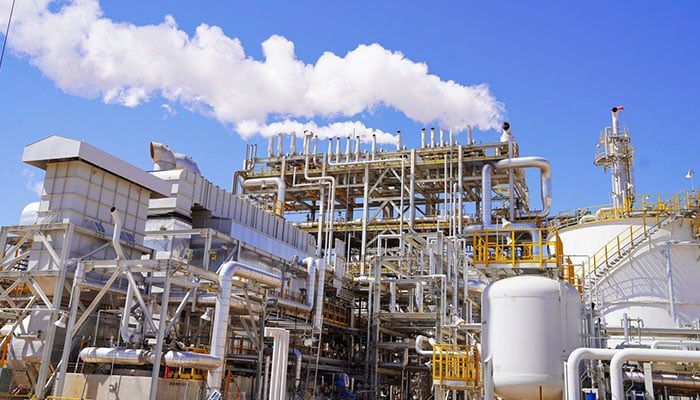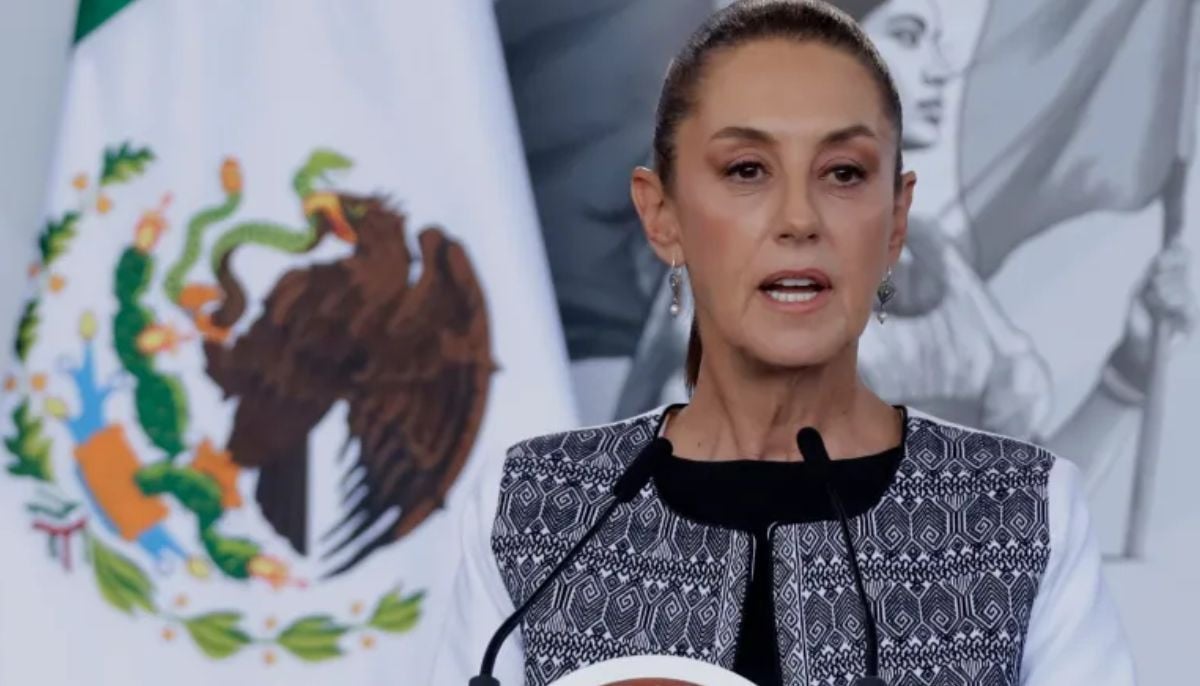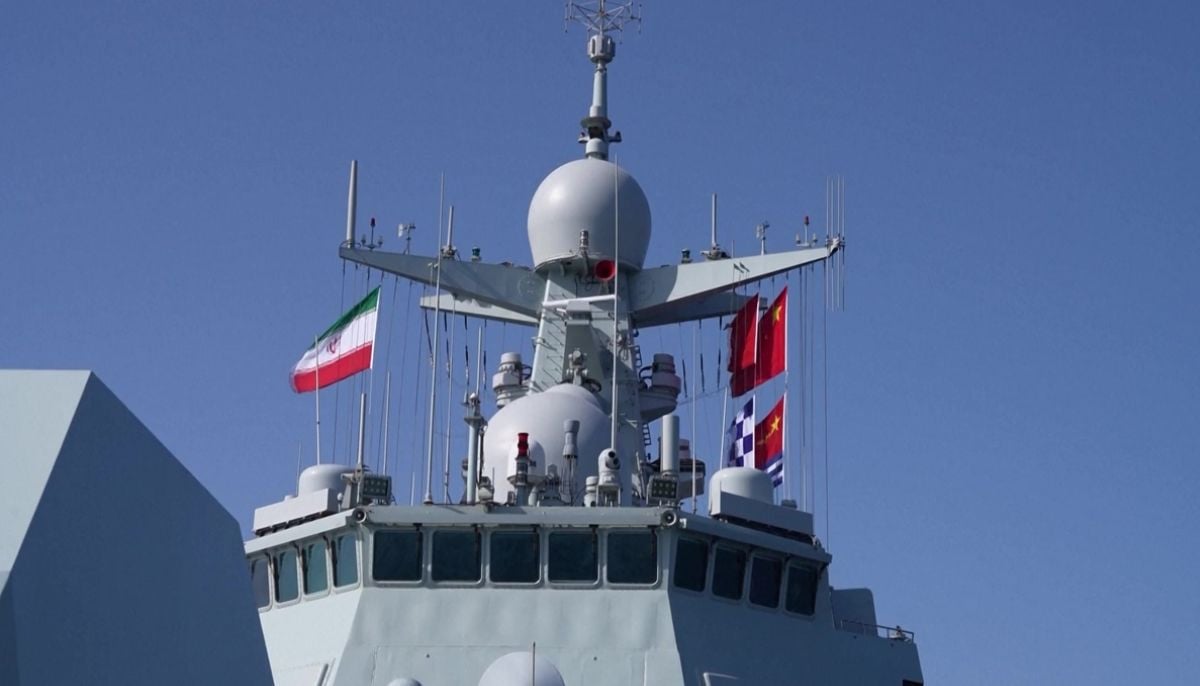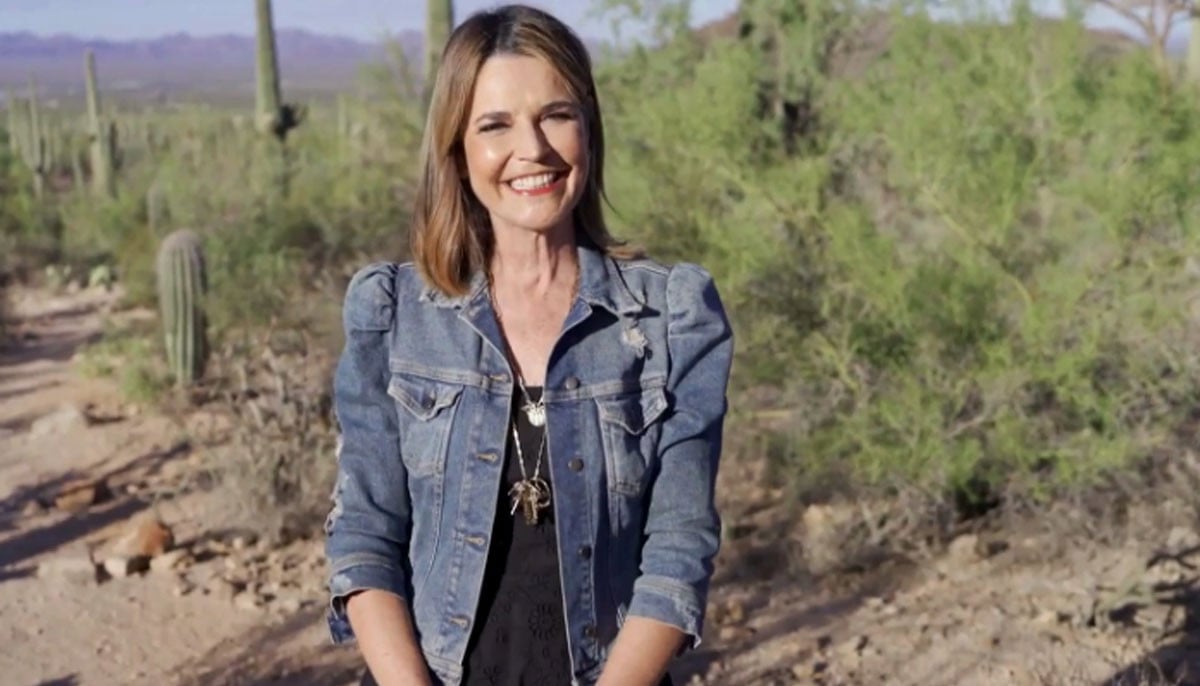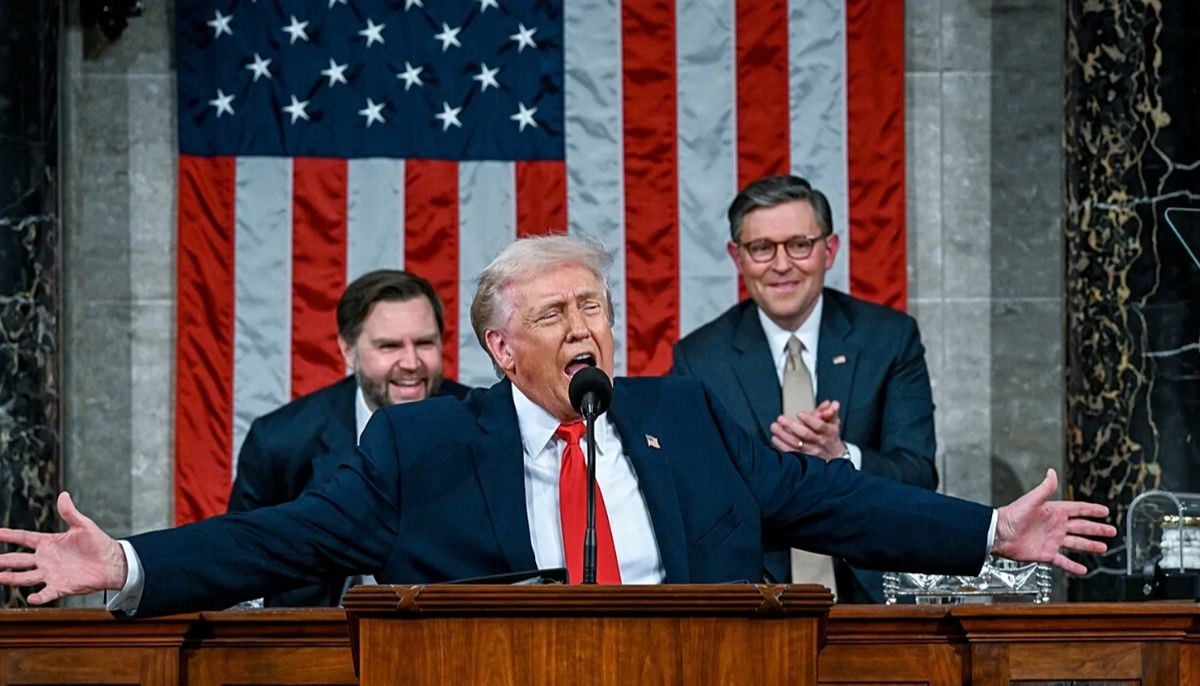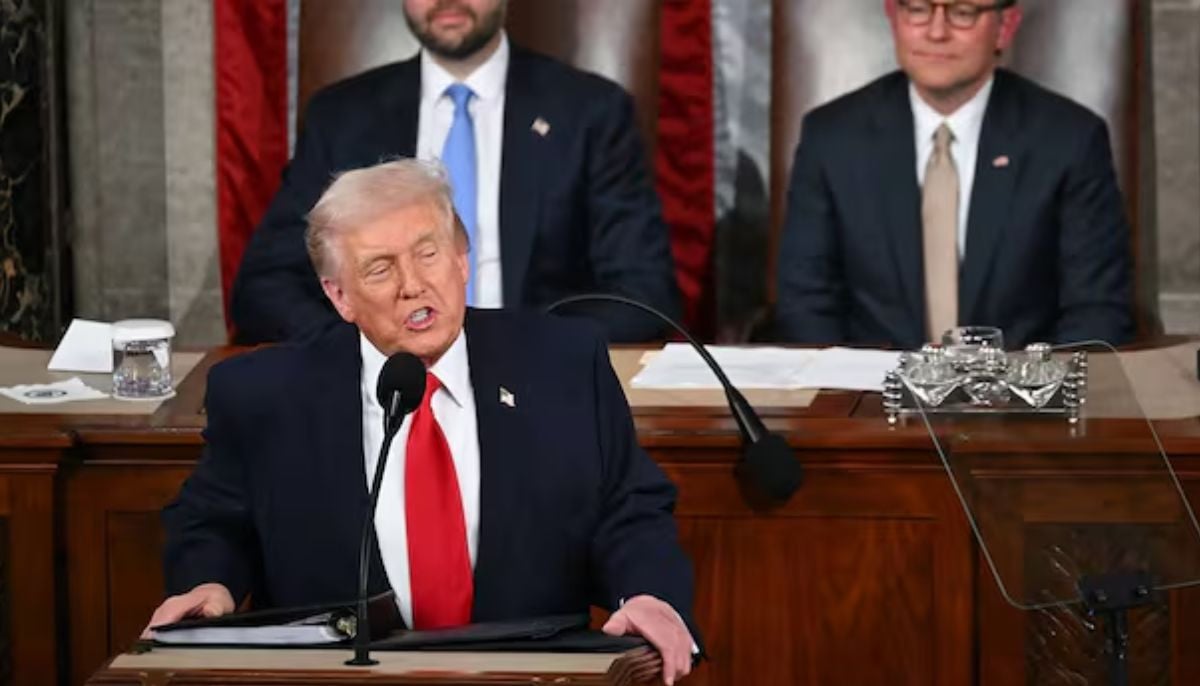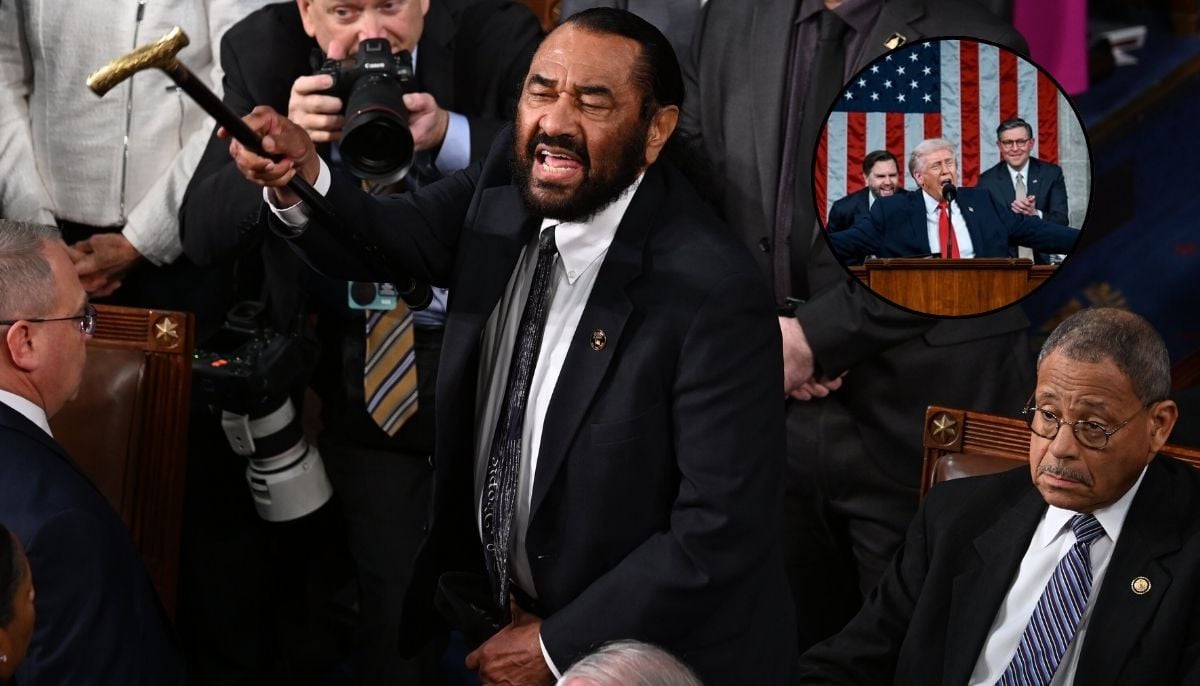Oil powers announce surprise cuts of more than 1 million bpd
Russia said it was also extending an existing cut of 500,000 bpd to the end of the year
RIYADH: Major oil powers led by Saudi Arabia announced a surprise production cut of more than one million barrels per day on Sunday, calling it a "precautionary" move aimed at stabilising the market.
The reductions, on top of a Russian decision, to extend a cut of 500,000 barrels per day, and despite US calls to increase production, risk stoking inflation and pressure to raise interest rates.
Cuts by Saudi Arabia, Iraq, UAE, Kuwait, Algeria and Oman from May to the end of the year will top one million barrels per day — the biggest reduction since the OPEC+ cartel slashed two million barrels per day in October.
Russia, a leading member of the OPEC+ cartel, said it was also extending an existing cut of 500,000 bpd to the end of this year, describing it as "a responsible and preventive action".
A Saudi energy ministry official "emphasised that this is a precautionary measure aimed at supporting the stability of the oil market", the official Saudi Press Agency said.
The cuts follow a drop in oil prices triggered by jitters over the banking sector, following the collapse of US lender SVB and UBS’s hurried buy-out of troubled rival Credit Suisse, UAE-based oil expert Ibrahim al-Ghitani told AFP.
Brent crude oil prices, trading just below $80 a barrel late last week, should bounce to above $80 as a result of the reductions, he said, calling prices below $80 "unacceptable" for OPEC+.
"The producing countries adhere to a balancing level that supports their large financial budget this year, and their next economic plans," al-Ghitani said.
Recessionary pressures
The reductions follow a controversial decision in October by OPEC and its allies including Russia — collectively known as OPEC+ — to slash production by two million barrels per day.
That cut, the biggest since the height of the Covid pandemic in 2020, also came despite concerns it would fuel further inflation and push central banks to hike interest rates.
OPEC raised its 2023 world oil demand forecast in February, saying it expected demand to grow by 2.3 million barrels per day to an average of 101.87 million barrels per day this year.
But "initial expectations of higher demand in the second half are now challenged by the prospects of continued high inflation and recessionary pressures", said Gulf analyst Yesar al-Maleki.
"OPEC is taking a pre-emptive measure in case of demand reduction in the second half is possibly higher," he told AFP.
Saudi Arabia will cut 500,000 barrels per day, Iraq 211,000, the UAE 144,000, Kuwait 128,000, Algeria 48,000 and Oman 40,000, each country announced.
The reductions ignore calls from the United States to raise production as consumption rises and as China, the world’s biggest oil consumer, reopens after its Covid shutdown.
"As world economies recover, we’ll see more consumption. And therefore we’d like to see supply meet demand," said Jose Fernandez, the US Undersecretary of State for Economic Affairs, Energy and the Environment, on the sidelines of the CERAWeek energy conference, in Houston, Texas, last month.
On Monday, OPEC+ — the 13 members of the Organization of the Petroleum Exporting Countries and 11 non-OPEC allied countries — will hold a Joint Ministerial Monitoring Committee meeting by video-link.
US President Joe Biden has regularly called for an increase in the OPEC+ output since Russia’s invasion of Ukraine early last year sent prices soaring to above $120 a barrel.
After the cut in October, which preceded US mid-term elections, he warned of "consequences" for Saudi Arabia, a long-standing ally.
-
Four people killed in stabbing rampage at Washington home
-
Jack Hughes's proximity to Trump angers Tate McRae fans
-
Nobel-winning scientist resigns from Columbia university after Epstein links revealed
-
At least 30 dead after heavy rains hit southeastern Brazil, 39 missing
-
Japan plans missile deployment near Taiwan by 2031 amid growing regional tensions
-
Trump delivers longest State of Union address in history: Inside key details on economy, security and global strategy
-
Trump’s 2026 State of Union address: Inside key takeaways, major policy shifts & top announcements
-
Rep. Al Green removed from House chamber during Trump’s State of Union address: Here’s what happened
